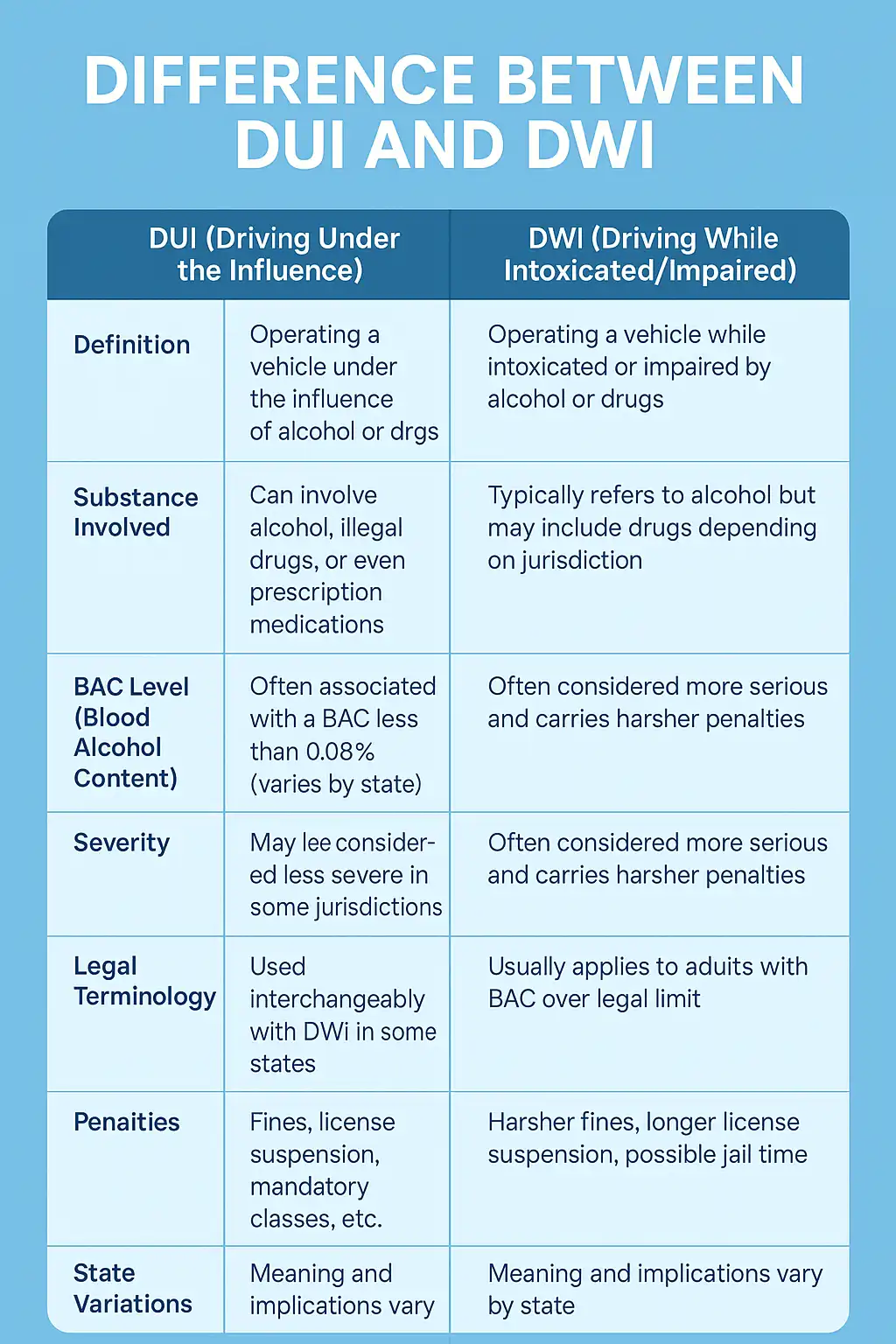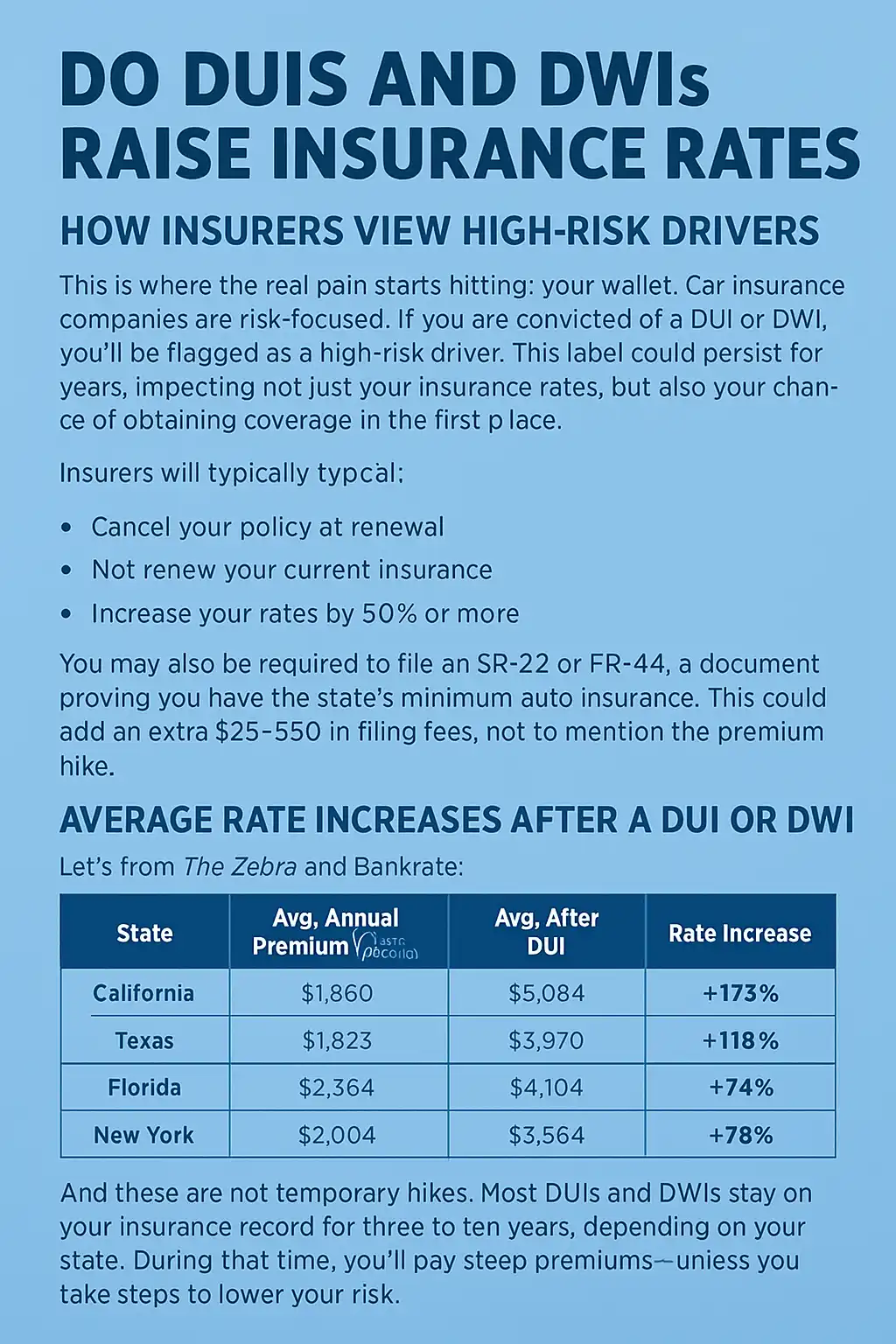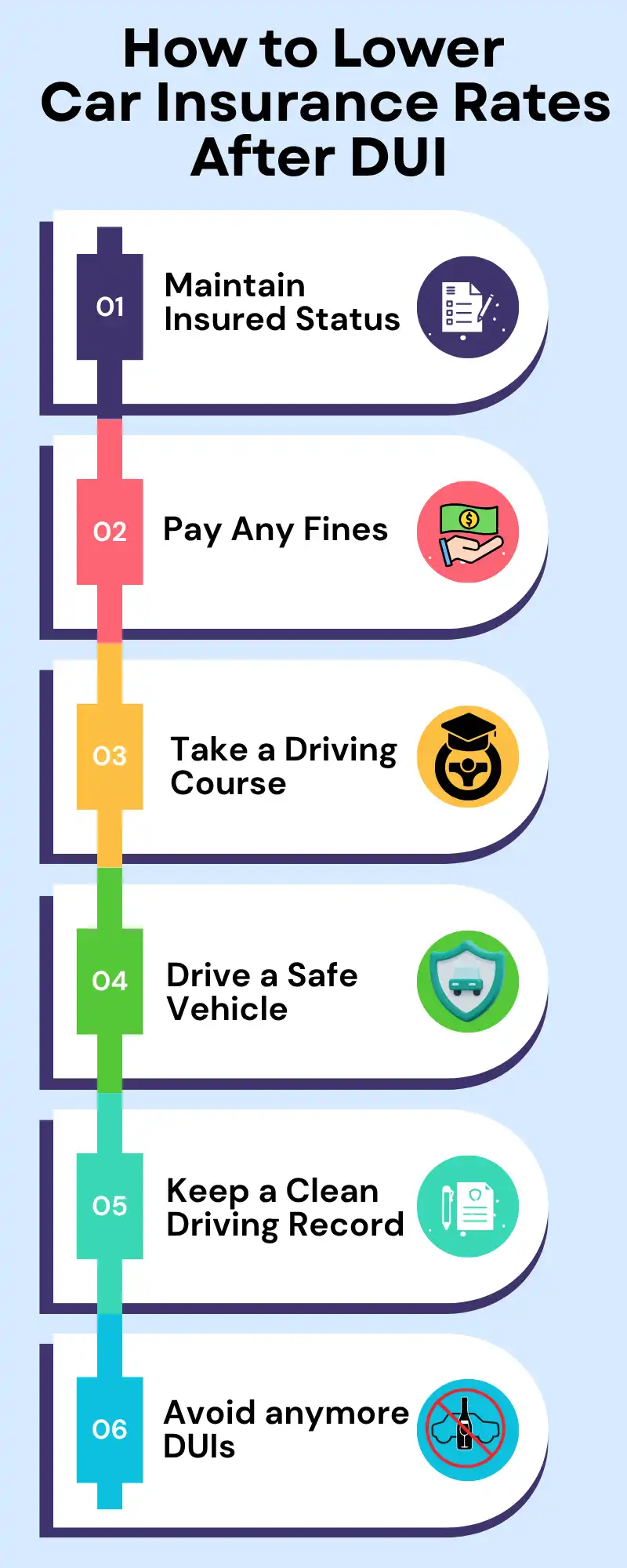
Driving under the of (DUI) or driving impaired (DWI) are two phrases which most motorists hope to not have to face personally. Understanding the distinction between these two crimes is crucial, not just in terms of legality, but to protect your future financial security and the safety of others. Although many individuals use these phrases interchangeably, they may be different depending upon where you reside. Therefore, let's discuss it into human terms to find the truth behind this, because a simple letter could be a major difference for the law as well as your insurance provider.
You can think of it as a broad word. It generally includes three primary kinds of insurance such as collision, liability and complete insurance. They are designed to safeguard both your car and yourself from various hazards, including the usual and completely bizarre. This includes damage caused by hailstorms and crashes with another vehicle as well as vandalism or theft.
In Pennsylvania the legal minimum obligation is liability insurance. That means you're only liable by the damage the other person suffers. The full coverage extends far over that, it covers your car or your passengers as well as instances where you're responsible or when there is no one else to blame.
After serious violations, many drivers need special filings like Cheap SR-22 Insurance.
The first thing to remember is that DUI and DWI both are a reference to charges arising due to driving while impaired. The difference is usually in the state's definition of "impairment." DUI typically is a reference to "Driving under the Influence" and DWI could mean "Driving While Intoxicated" or "Driving While Impaired." This is where the confusion begins: some states employ both and others only use one. Are you still confused? Don't worry, you're not the only one.
In states such as Texas, DWI usually applies to alcohol-related cases and drugs, whereas DUI could be a possibility for people who are underage or that are caught with other drugs. However, in New York, DWI is considered to be the most severe offense in comparison to DUI. The difference is the reason knowing the legal terminology is essential. This could indicate the distinction between a misdemeanor or a felony and the difference between a license suspended or jail sentence.
The meanings and implications associated with these words are mostly defined by the state's law. Certain states do not allow minors who are found to have any evidence of alcohol present on their blood--that's the place DUI may be involved. In some states, the difference could be based on the Blood Alcohol Content (BAC). In other words, a blood alcohol content of 0.08 percentage or greater could result in the status of a DWI and anything less than this, however still impaired, may be considered as a DUI. It's basically the legal equivalent of a maze. Your choice of route depends greatly on the location.

Driving under the influence (DUI) means the practice of driving in a vehicle when affected by alcohol, drug (prescription or illicit) or any other substance that impairs your capacity to safely drive. It doesn't mean that you're drunk and stumbled off the bar, but being "under the impaired" may mean as small as being impaired by any means. Some over-the counter medications may cause a DUI when they cause you to become drowsy or reduce your reaction speed.
The purpose of DUI legislation is to deter risky drivers from the roadway before they cause accidents. This is a proactive strategy, instead of a reactive one. Police officers don't require you to hit anything to accuse you of DUI. All they need is evidence that you're operating while intoxicated.
Here are a few instances of circumstances that may lead to the issuance of a DUI conviction:
The penalties of DUI differ by state and could include license suspension and fines, compulsory alcohol education courses or even prison time. As you accumulate more convictions on your record, the worse the penalties get.
To understand requirements better, check our resource on car insurance quotes in Pittsburgh, pa.
Driving while Intoxicated (DWI) or driving while impaired is a different type of driving under the influence, which is usually being viewed as more serious than DUI in a few states. DWI typically means your BAC is higher than the legal limit (commonly 0.08 percentage). However, like DUI the term can refer to the impairment caused by drugs - legal or not.
A key aspect here is the fact that an arrest for DWI typically requires more proof of impairment. In a lot of jurisdictions where a breathalyzer test fails, it can be a sure-fire way to get a DWI offense. This is a stricter legal requirement: if you're in excess of the legal limit and you're found guilty of the crime of DUI without question.
A DWI doesn't have to be limited to drinking alcohol. It could also include:
What is important is your degree of impairment, as well as the evidence police have to support their decision to arrest you. Certain states do not distinguish between DUI or DWI. They just want to make sure impaired drivers stay out of the roadways, all day long.
The most significant differences among DUI and DWI is based on what state you're in within the U.S. Some states have DUI or DWI as distinct offenses, while in other states the two are used interchangeably. Below are some examples:
Since they are defined differently in each state, charges and the strategies for defense can differ widely. It's important to talk with a legal professional should you be facing any of these accusations.
The general rule is that DWI is generally associated with the most severe punishments in comparison to DUI. The consequences of a DWI may involve:
That said, getting a DUI is not a light offense. For repeat offenders, there are severe penalties regardless of the term. If both of these terms are present in a state's legal system, DWI is often considered the more serious of the two.

In the end, if you had to choose between DUI or DWI, which one is considered to carry the greater importance? It is dependent on the state, but typically, the case of DWI is deemed more serious. It is particularly true for areas such as New York and Texas, in which the term DWI is charged if the driver's blood alcohol level (BAC) is higher than the legally-required limit of 0.08 percent. This kind of evidence gives a stronger legal basis for the prosecution and courts typically take action with harsher punishments.
Legal penalties for DWIs can be severe. DWI could be:
In contrast, a DUI might carry less severe penalties--especially if it's a first offense or the BAC was under the legal limit but there was still clear impairment. However, do not imagine a DUI as just a minor punishment. In some states, like California, the first-time DUI could result in many thousands of fines, mandatory driving classes, or the possibility of a suspension on your license.
We must not overlook the actual effects of these accusations. It doesn't matter if it's DUI or DWI or both, either can affect your entire life.
Financially: From a financial perspective, you're not only facing penalties. You're also dealing with the cost of court fees, reinstatement charges, as well as the fearsome increase in insurance rates. In a 5- to 10-year period, an individual conviction could be a cost of anywhere from $10,000 to $20,000 or more. And that's not even being a conservative estimate.

The effect of a DUI or DWI in your insurance premiums won't go away overnight. Insurance companies typically keep the note on your record for a period of three to five years. However, in certain states, it could last for as long as 10 years. In that period your insurance premiums are a reflection of the perception that insurers have of you as a potential liability when you travel.
Here's how a premium timeline could look like:
But, this process cannot be done automatically. You'll have to prove you've made a change in your driving habits, whether that's through good behavior and defensive driving training or through the installation of an electronic device to track the driving patterns of your.
After violations, many still ask how to find cheap car insurance Pittsburgh, PA.
It's true that there isn't a quick solution. There are a few smart steps that you can take to slowly decrease your rate:
The process of rebuilding your credibility with insurance isn't easy however, it's completely doable. Keep in mind that the road towards redemption begins with a sense of being accountable at the driving.

A majority of initial DUIs are misdemeanors. But they can be a crime in the event of bodily harm, children in the vehicle, or repeated offenses.
The state of the State will determine this. For instance, in California it lasts for 10 years. If it's in New York, it might remain for up to 15 years.
In certain states, you may be able to apply for expungement following a specified period of time, however this usually needs legal advice and isn't 100% guaranteed.
Absolutely. Each state has their own rules as well as thresholds and penalties. This is why legal representation is essential if you're accused of a crime.
Utilize ride-sharing services, assign the driver to be sober, or simply stay away when you've consumed alcohol or using an impairing drug. The risk isn't worth it.
DUI and DWI could appear to be like the alphabet at first. However, the implications that they entail are actual. Whether it's your legal system, the insurance provider, or your everyday freedom, the charges may have the potential to have a ripple effect for several years.
Being aware of the distinctions and taking action helps avoid the devastating effects. Keep in mind that the most effective way to avoid a DUI or DWI is to not get one.